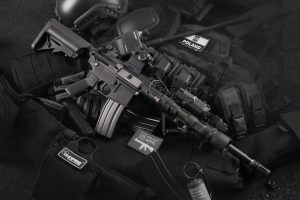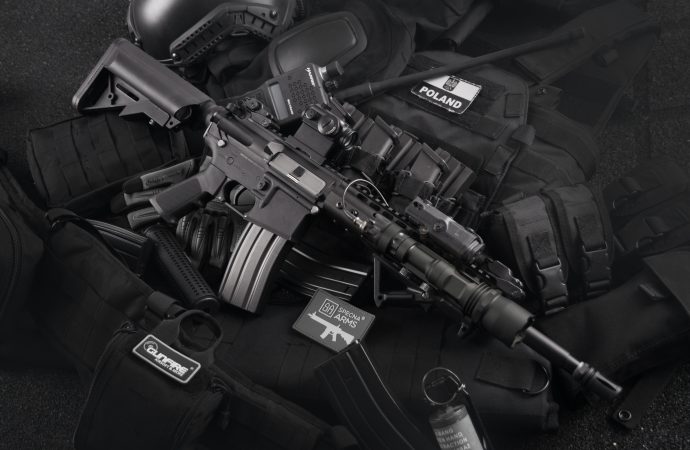In today’s interconnected world, the flow of goods and services across borders has never been more prominent. Among these commodities is the controversial trade in firearms, which has raised concerns about security, human rights, and international stability. Central to this discourse is the role played by the United States, often criticized for its position as
In today’s interconnected world, the flow of goods and services across borders has never been more prominent. Among these commodities is the controversial trade in firearms, which has raised concerns about security, human rights, and international stability. Central to this discourse is the role played by the United States, often criticized for its position as a significant player in the global firearm trade.
1. The Global Firearm Trade Landscape
The international firearm trade landscape is a complex web of transactions involving various countries and actors. Firearms, ranging from small arms to military-grade weaponry, find their way across borders, sometimes fueling conflicts or aiding criminal activities. The allure of profit and the demand for weapons drive this trade, which poses challenges to international efforts towards peace and stability.

Photo by Specna Arms: https://www.pexels.com/photo/grayscale-photo-of-black-m4a1-on-magazines-886454/
2. America’s Position in the International Arms Market
The United States, as one of the world’s largest arms producers, holds a considerable stake in the global firearm trade. Its defense industry is a major contributor to the country’s economy, but this economic gain is juxtaposed against ethical considerations regarding the potential misuse of American weapons in conflict zones. The U.S. often justifies arms sales by citing partnerships with allied nations and the need for collective security.
3. Impact on Global Firearm Proliferation
America’s involvement in the international firearm trade has far-reaching consequences on global firearm proliferation. The easy availability of American-made firearms can contribute to an oversupply of weapons in regions already struggling with conflicts and violence. The resulting proliferation can exacerbate conflicts and hinder post-conflict development, impeding efforts to achieve lasting peace.
4. Regulations and Challenges in Managing International Gun Sales
The sale and transfer of firearms across international borders are subject to various regulations, agreements, and treaties. The Arms Trade Treaty (ATT), for instance, seeks to regulate the international arms trade, but not all countries are party to it, limiting its effectiveness. Additionally, the black market and illicit trade of firearms pose significant challenges, as weapons can change hands outside the scope of official regulations.
In conclusion, the United States’ role as a global gun pusher raises complex ethical, economic, and security considerations. While the economic benefits of the arms industry are undeniable, the potential negative impacts on international stability and security cannot be ignored. Striking a balance between economic interests and responsible arms trade practices is essential for addressing the challenges posed by the global firearm trade. As the world navigates these issues, international cooperation and transparent regulations will play a crucial role in shaping a safer and more secure future.

















Leave a Comment
Your email address will not be published. Required fields are marked with *